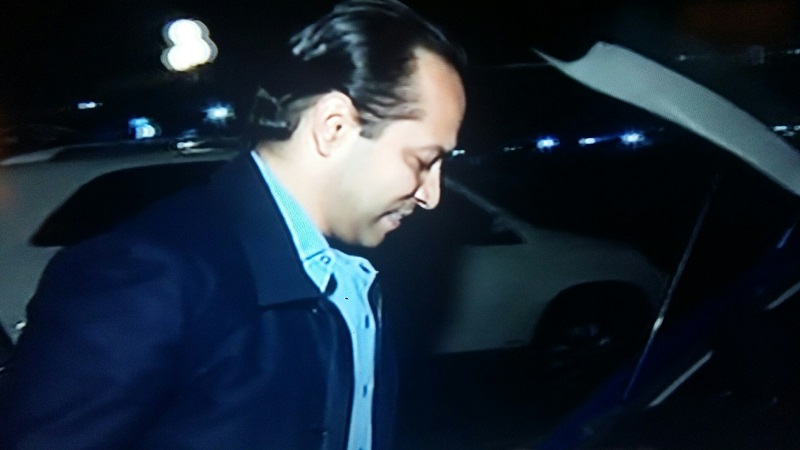Journalism has several aims, including educating, entertaining and informing, but when corruption is rampant, investigative journalism is the rule of law’s watchdog, its fail-safe and protector. It helps create a fairer society, and gives a voice to those who have none.
But being an investigative journalist is often a dangerous thing. Those who have been corrupted don’t like you. Those who have corrupted don’t like you. Criminals don’t like you. These are dangerous and ruthless people, with influence, power and money.
Journalists are most at risk when stories on corruption are not investigated by the police and the relevant authorities. People involved in corruption and crime are emboldened in an environment of impunity. They feel that they can get away with more, and they do.
In Daphne Caruana Galizia’s case, many of her stories were indeed investigated and found to be accurate by the Financial Intelligence Analysis Unit (FIAU). But the FIAU is an intelligence agency. If it investigates anything or anyone and finds reasonable suspicion, it passes its investigations to the police to conduct further investigations, build a case, and prosecute.
But whenever the FIAU passed on their findings to the police, the Head of the Economic Crimes Unit Ian Abdilla, and former Police Commissioner Lawrence Cutajar just sat on them because they involved people in the highest echelons of government. When Cutajar was Police Commissioner, these people and their friends were untouchables.
Caruana Galizia wrote about Ali Sadr Hasheminejad, the founder, owner and chairman of Pilatus bank. But Ali Sadr was untouchable; he had friends in high places. He was recently found guilty on five counts in a US court, but in Malta, the government, the police and the Malta Financial Services Authority (MFSA) kept telling us there was nothing wrong.
US Attorney Geoffrey S. Berman said: “As the jury found, Ali Sadr Hasheminejad created a network of front companies and bank accounts to mask Iranian business dealings in Venezuela and evade US sanctions. For years, Sadr used front companies in Switzerland, Turkey, and St. Kitts & Nevis to conceal the fact that $115 million in payments were really for his family business and relatives in Iran…”
He is now awaiting his sentence. And thanks to action by US authorities we know Caruana Galizia was right – Ali Sadr was a crook. But as a financial crime consultant pointed out, he still managed to escape justice in Malta where no authority any kind of action against him.
It was the European Central Bank that withdrew Pilatus Bank’s licence while the Maltese authorities were still dragging their feet and forking out hundreds of thousands of euro to cover up the mess and attempt to convince European bodies that we know what we’re doing.
Daphne was vindicated. She was right about Ali Sadr all along. He was a crook.
Nobody has been held accountable for this scandal. Neither has anyone apologised for getting it so blindingly wrong, or for the audacity of risking the country’s reputation to serve another corrupt deal by those in power. Ali Sadr was protected in Malta. We know why, but how far did it go?
Magisterial inquiries launched more than two years ago remain undisclosed. Why? Where are the answers the public needs? While the country understands that we need to unite to deal with a healthcare issue at the moment, these questions will not go away.
Robert Abela will have a lot to answer for his continuity… if he survives the current crisis where his leadership is clearly falling short.












